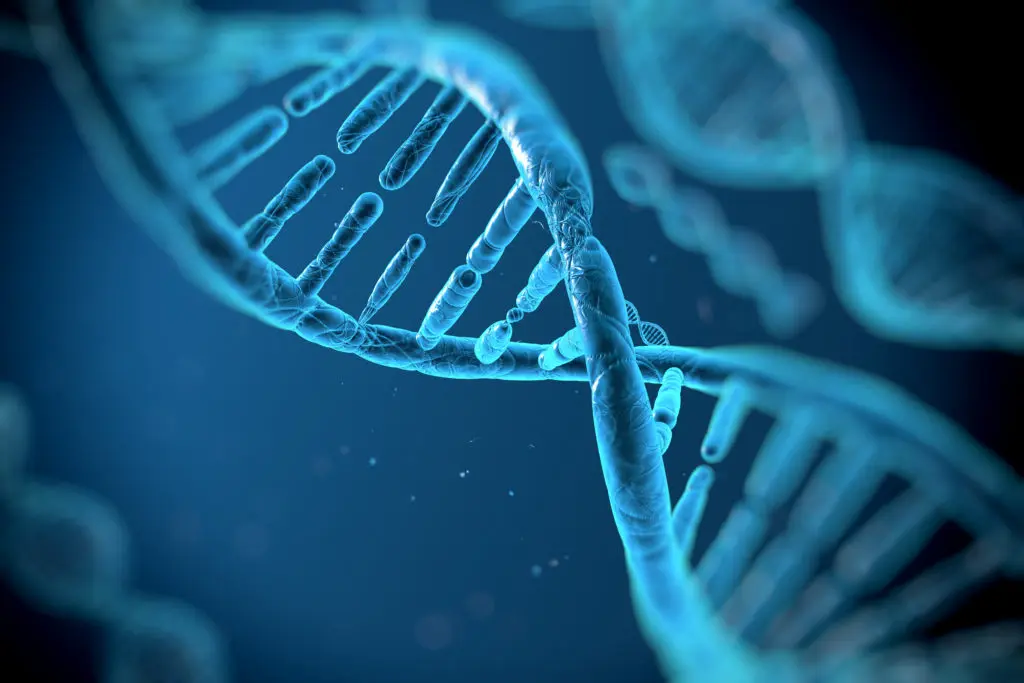Updated results from JULIET trial, tisagenlecleucel (Kymriah) in relapsed or refractory diffuse large B-cell lymphoma (DLBCL), revealed encouraging long term results

An immunotherapy that uses a patient’s own T-cells, altered to specifically attack cancer cells and then reintroduced to the patient, CAR T-cell has shown promising early results for aggressive lymphomas that have proven resistant to other therapies.
With several years of clinical trials data now available, researchers are beginning to report both long-term results and a greater understanding of the biological mechanisms that make this therapy effective.
Updated results from the JULIET trial, testing tisagenlecleucel (Kymriah) in relapsed or refractory diffuse large B-cell lymphoma (DLBCL), revealed encouraging long term results.
Of the 99 patients who were tracked and evaluated for the main portion of the study, the overall response rate was 54 percent, with 40 percent of patients reaching a complete response (no detectable disease).
Researchers, including first author Stephen Schuster, MD, University of Pennsylvania, a founding member of LRF’s Philadelphia Lymphoma Rounds steering committee, noted that the possibility of being relapse free at six months after treatment was 66 percent, a level which stayed consistent through to 18 months (64 percent).
Additionally, the researchers observed no relapses beyond 11 months post treatment, indicating a very durable and lasting response for the patients that reach that milestone. The researchers further noted that results were consistent across all patients, such as elderly patients that report poorer prognosis on other available treatments, showing that this is an effective therapy with sustainable results for patients who may have few other options.
This study also features contributions from LRF Scholar Jason Westin, MD, MD Anderson Cancer Center; and MCL Consortium member Koen van Besien, MD, PhD, Weill Cornell Medicine.
More than 80 percent of patients in ZUMA-1 trial treating DLBCL, primary mediastinal B-cell lymphoma, and transformed follicular lymphoma (FL) show response
Researchers on the ZUMA-1 trial reported two-year follow-up data for their study of axicabtagene ciloleucel (Yescarta) in large B-cell NHL. The study, which included patients with DLBCL, primary mediastinal B-cell lymphoma, and transformed follicular lymphoma (FL), reported data from 101 patients treated in late 2015 and early 2016; 84 percent of these patients achieved some response to treatment, while 58 percent had a complete response.
Researchers noted that the median group had not yet reached median overall survival (the point at which exactly 50 percent of a patient cohort has survived following treatment, a common milestone for determining the effectiveness of a therapy), and concluded that, with a media overall survival greater than two years, axicabtagene ciloleucel is a durable and effective therapy for aggressive relapsed or refractory B-cell lymphomas.
This study featured contributions from LRF Grantees Alex Herrera, MD, City of Hope; Patrick Reagan, MD, Wilmot Cancer Institute, University of Rochester; and John M. Timmerman, MD (also a current SAB member), University of California, Los Angeles David Geffen School of Medicine; as well as former SAB member Andre Goy, MD, John Theurer Cancer Center; and MCL Consortium member Ian Flinn, MD, PhD, Sarah Cannon Research Institute.
To learn more about CAR T-cell therapy, visit the CAR T-cell learning lab.
For more research news from the 2018 American Society of Hematology (ASH) Meeting, download the special ASH edition of Research Report.
